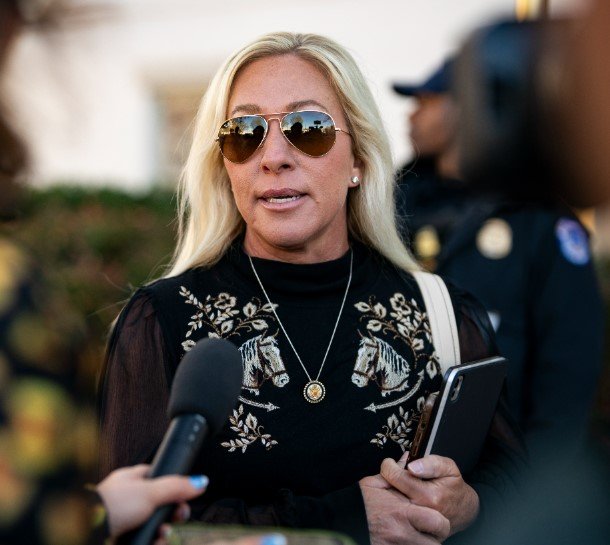ICE accused of targeting international students for minor infractions in latest immigration crackdown
A group of international college students and recent graduates studying at Georgia universities is suing the Trump administration, alleging that their student visas were revoked in violation of federal law and their constitutional rights.
The lawsuit, filed Monday in U.S. District Court for the Northern District of Georgia, contends that U.S. Immigration and Customs Enforcement (ICE) unlawfully terminated the immigration records—known as SEVIS (Student and Exchange Visitor Information System)—of students legally residing in the country under student visas.
The students claim they were targeted over minor infractions, such as traffic violations and dropped charges, and are now at risk of deportation, academic derailment, and even arrest.
“Over the past week, visa revocations and SEVIS terminations have shaken campuses across the country and Georgia,” the suit states. “ICE has created chaos as schools have attempted to understand what is happening and do their best to inform and advise students.”
A Crackdown Disguised as Bureaucracy?
The suit comes amid a broader effort by the Trump administration to intensify immigration enforcement, with student visa holders increasingly finding themselves swept into enforcement efforts once reserved for those in the country unlawfully.

The plaintiffs—five students and two recent graduates from Georgia, joined by ten others from schools like Duke, Cornell, and NC State—are proceeding under pseudonyms (John and Jane Doe) due to concerns about retaliation.
Their schools include:
-
Kennesaw State University
-
Georgia Tech
-
Emory University
-
University of Georgia
Among them are PhD candidates, STEM majors, and even a student-athlete maintaining a 4.0 GPA. Attorneys say none of the students’ alleged conduct meets the legal threshold for visa revocation.
“The actions ICE has taken are not only unlawful, they’re deeply unjust,” said one attorney involved in the case. “Students who followed every rule, paid tuition, and contributed to their schools and communities are now being treated like criminals without due process.”
Minor Charges, Major Consequences
According to the lawsuit, ICE justified the visa terminations based on student interactions with law enforcement—many of which never led to convictions or were unrelated to immigration status.
Key incidents cited include:
-
A student arrested for domestic violence in November whose case was dismissed in February.
-
Speeding and expired tag violations.
-
A DUI charge later reduced to reckless driving.
-
One Chinese student says she was never cited or arrested at all.
Under SEVIS, visa holders are monitored by ICE and their schools for compliance. Revocation can trigger deportation proceedings—regardless of whether a student has been convicted of a crime.
Due Process and Political Backlash
The lawsuit names high-profile members of the Trump administration, including:
-
Attorney General Pam Bondi
-
Homeland Security Secretary Kristi Noem
-
ICE Acting Director Todd Lyons
Attorneys argue that the SEVIS terminations violate the Fifth Amendment’s due process protections. The plaintiffs are seeking an emergency injunction to halt any enforcement action while the case proceeds.
Legal experts say the case could have sweeping implications for how immigration law is applied to legal residents in the U.S.—especially international students, who often face tighter scrutiny post-9/11 and under shifting political administrations.
Broader National Trend
The legal action comes just weeks after ICE confirmed it had begun “enhanced enforcement” operations aimed at encouraging “self-deportation” among student visa holders suspected of misconduct. Critics say it’s part of a broader campaign to discourage foreign nationals from pursuing education in the U.S.
As of 2024, more than 1 million international students were enrolled in U.S. colleges and universities, contributing an estimated $39 billion to the national economy. Higher education leaders warn that aggressive immigration enforcement could severely impact global academic reputation and revenue.
“Universities are being left in the dark,” said one school administrator not authorized to speak publicly. “This has a chilling effect—not just on international recruitment, but on basic trust between schools and the federal government.”
The outcome of the case could set a precedent for how student visa holders are treated under heightened immigration scrutiny and how much discretion ICE has to act without judicial review.
For now, the students are in limbo—unable to continue studies or work, unsure whether their future in the U.S. is over.
